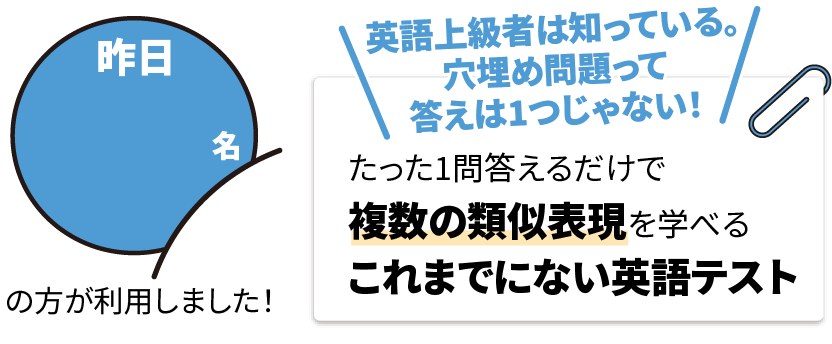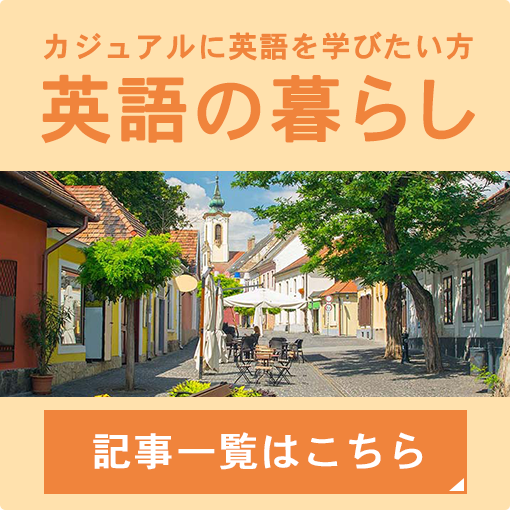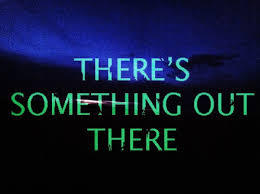みなさん、こんにちは
FEネイティブ講師Simon先生がお届けする英語ブログで学ぶ使える英語表現をシリーズでお届けしています。
※Simon先生のシリーズ前回の記事「Simon先生の英語ブログで学ぶ使える英語表現ーThe Tooth Fairy 「歯の妖精」」を見逃した方はこちらからどうぞ!
さて、今回のブログは、今月のバレンタインをテーマに、Growing Up with Valentine’s Day 「バレンタインデーと共に成長する」というタイトルでお届けします。
Hello, this is Simon.
When I grew up in New Zealand, Valentine’s Day wasn’t really a big thing. We all knew about it, but not so many people seemed to take part.
The main tradition was to write and give a Valentine’s Day card to someone that you fancied. It was like the time to let that special person know that you liked them as more than just a friend, classmate, coworker etc. It was just the one day, unlike Japan, which has both Valentine’s Day and White Day.
At elementary school it was a rare occurrence for someone to get a Valentine’s Day card . And, if someone were to get one, they usually kept it a secret. This was because, if other students found out, word would spread around the class like wildfire, and they would be ridiculed by their classmates for having a secret admirer. At that age, for a boy to admit he liked girl (or visa versa) was a truly terrible thing. At elementary school, I almost never heard of anyone getting a card.
When I got to junior high school. I remember hearing about someone getting a card occasionally. We were than at an age when some students had boyfriends and girlfriends, so it was becoming more acceptable. Getting a Valentine’s Day card was starting to spark intrigue more than ridicule, although students tended not to reveal the name of the sender.
By the time I got to high school getting Valentine’s Day cards was starting to become a source of pride and something to boast about. I remember students who had gotten cards asking other students how many they had gotten. The popular students would get several cards and brag about it to others.
To be honest, I don’t really recall this kind of thing happening once I became an adult, except between couples. They would usually exchange flowers or chocolates.
In Japan, it seems more like a way of showing appreciation to friends, classmates, coworkers etc., rather than confessing that you you have feelings for them. I quite like that aspect. In New Zealand, if you bought chocolates for coworkers on Valentine’s day, your partner might not be too happy. However, in Japan it is quite normal. I think any chance to show appreciation for people that you interact regularly with is a good thing.
ーそれでは、本文の中からピックアップした英語表現を見てみましょう!
“someone that you fancied”
To “fancy” someone means to be attracted to them
(e.g. See that guy over there that keeps looking at us. I think he fancies you.)
“spread around the class like wildfire”
To “spread like wildfire” means to spread quickly and in an uncontrolled way. I think this one is easy to picture
(e.g. Influenza has been spreading like wildfire in this area.)
“a secret admirer”
A “secret admirer” is a person who is attracted to another person, but keeps that fact a secret from them
(e.g. My son got a Valentine’s card, but he doesn’t know who it is from. It looks like he has a secret admirer.)
“spark intrigue”
The noun “intrigue” means the quality of arousing curiosity
(e.g. This novel was filled with suspense and intrigue.)
You may be familiar with the adjective form “intriguing”. To “spark intrigue” means to suddenly cause it to arise
(e.g. The unexpected plot twist in the novel sparked intrigue, keeping readers eagerly turning the pages to uncover the mystery.)
“something to boast about”
To “boast” means to speak proudly about something you have or have achieved
(e.g. He was always boasting about his days on the high school football team.)
To have “something to boast about” means to have something you are proud of and want to tell others about.
“ridicule”
The noun “ridicule” means the act of mocking or making fun of someone
(e.g. He suffered a lot of ridicule after his gaffe-filled speech went viral online.)
I hope you had a lovely Valentine’s day.
See you next month!

Hello! My name is Simon.
I am from New Zealand, and have been living and teaching English in Japan since 1999.
My hobbies include movies, playing the guitar, gardening and hiking.
※このブログでは英語学習に役立つ情報アドバイスを提供していますが、本ブログで提供された情報及びアドバイスによって起きた問題に関しては一切、当方やライターに責任や義務は発生しません。
※ここでの情報や助言を参考に英文を書いたり下した判断は、すべて読者の責任において行ってください。ここに掲載されている記事内の主張等は、個人の見解であり当社の意見を代弁・代表するものではありません。








 (2 イイネ!が押されています)
(2 イイネ!が押されています)




























コメントする